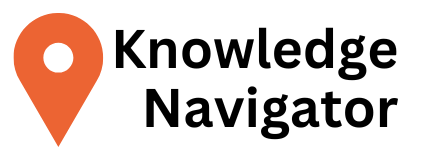BMJ Best Practice provides access to the latest evidence-based information for healthcare professionals, structured around the patient consultation with advice on symptom evaluation, test ordering, treatment approach and follow up. It also offers clinical calculators, patient information leaflets and some procedural videos.
Shrewsbury and Telford Hospital NHS Trust staff also have access to UpToDate that covers a much wider range of conditions.
Access is available via an NHS OpenAthens account, and you can also create a personal account to keep track of usage for CPD, or to download the free mobile app.
BMJ Best Practice offers
- Daily updates of evidence summaries covering over 1,000 conditions
- 250 clinical calculators
- 400 patient leaflets
- Procedural videos and images
- Links to BNF and BNF for Children for drug information, and Cochrane Clinical Answers for more evidence
Access
BMJ Best Practice is purchased nationally for access by all NHS organisations in England.
You can use an NHS OpenAthens account. Visit the BMJ Best Practice website and login with your NHS OpenAthens account. If asked for your organisation, select NHS England. You can also use a personal account created whilst logged in with OpenAthens to record usage for CME/CPD points.
Mobile apps are available for Android and iOS devices. These require a personal account to authenticate which can be created whilst logged in with NHS OpenAthens.
Guides
Download our quick reference guide for information on how to access and use BMJ Best Practice.
Latest important updates
- Latest UK asthma guidance provides minimal change to exacerbation management
- Esketamine approved in the US as the first ever monotherapy for treatment-resistant depression in adults
- Guidelines recommend statins for people living with HIV to prevent cardiovascular events
- NICE recommends cytisinicline for smoking cessation, expanding treatment options for clinicians in the UK
- FDA approves olezarsen for the treatment of familial chylomicronemia syndrome
- Gene-editing therapy, exagamglogene autotemcel, available through managed access agreement in National Health Service (NHS) England
- First bird flu death reported in the US outbreak; case of human infection detected in the UK
- WHO recommends first single-dose drug for Plasmodium vivax malaria
- WHO declares mpox outbreak in Africa a public health emergency of international concern; first cases of clade Ib mpox detected in US and UK
- FDA grants approval of seladelpar, expanding options for second-line treatment


